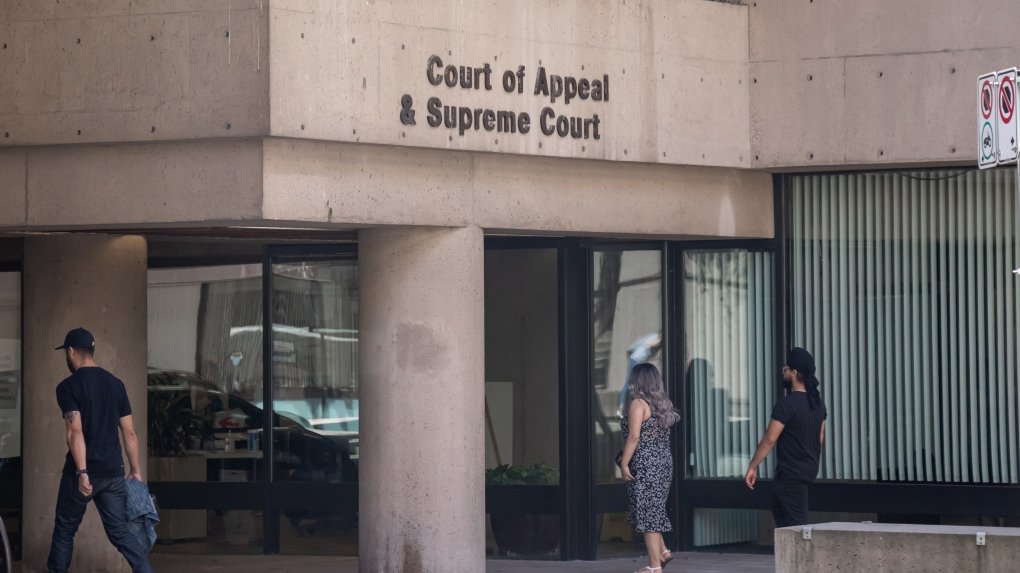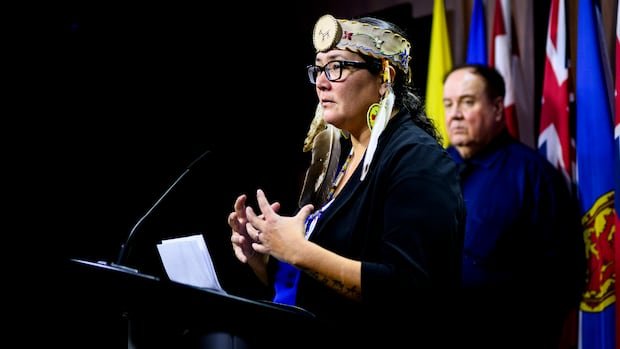A Vancouver man has been ordered to pay more than $500,000 after a BC Supreme Court judge found he defrauded potential developers of a real estate project in China out of that amount.
In a decision issued earlier this week and posted online on Friday, Judge Neena Sharma ruled that Christopher Lee is liable to Hainan Dehong Real Estate Development Corporation and Hainan Kinghouse Real Estate Development Corporation for “fraud and/or fraudulent misrepresentation.”
The two companies sued Lee – along with a mortgage brokerage and one of her contractors – for his role in an ultimately failed attempt to secure $100 million in financing for a real estate development project on China’s Hainan Island.
The development argument
Sharma’s decision describes the two development corporations as “family businesses” run by Cexen Fu, whose daughter Julie Fu lives in Vancouver and represented the plaintiffs in the trial.
In 2014, the younger Fu worked with a mortgage broker named Frank Lee, who is not related to Christopher Lee, to acquire a large tract of commercial land on Alderbridge Way in Richmond for $65 million on behalf of one of the family businesses.
Early the following year, he contacted Frank Lee again to ask about financing the Hainan Island project, described in the decision as a proposed “shopping center and recreational complex.”
Frank Lee told her he was not licensed to provide mortgage broker services for transactions outside of British Columbia, but agreed to help her in some way, according to the decision.
Frank Lee contacted his acquaintance Christopher Lee, who introduced himself as the Canadian representative of a company called Westbay Partners Services Ltd. After a series of meetings with Fu and Frank Lee, Christopher Lee convinced Fu to let the companies his father signed an agreement with Westbay for a “syndicated” loan.
The idea, according to the decision, was for Westbay to raise the $100 million from “one or more private equity funds, real estate investment trusts, and high-net-worth individuals” and provide it to the Fu companies in two $50 tranches. . millions each.
In exchange for this service, Westbay requested a “commitment fee” of US$500,000, which would be refunded if it could not secure private financing for the loan.
While Westbay notified the companies in November 2015 that it could not secure financing and promised to return the fee, it never did, according to Sharma’s decision.
Instead, bank records cited in the decision indicate that the money was transferred to Christopher Lee’s personal accounts in a series of transactions that began the day after the fee was deposited into the Westbay account.
The agreement was “a farce”
Sharma’s decision notes that both Julie Fu and Frank Lee provided testimony that had “diminished” their credibility and trustworthiness, and that she used “with caution.”
Christopher Lee’s testimony, however, was even less credible, according to Sharma, who wrote that some of his version of events “defies logic and common sense.”
“His explanation of the suspicious events was implausible,” the decision reads.
Christopher Lee told the court he had bought out the company that owned the account into which the commitment fee was deposited, but documentary evidence revealed after a court order in Hong Kong showed no record of the account changing hands.
The account, called in the decision the “Roxschild account” after the company that opened it, was opened by a Canadian named James Christopher Wong in 2012 and remained in his name until it was closed, according to the decision.
Christopher Lee claimed that he had acquired Wong’s account and then sold it to Westbay in November 2014. He claimed that Westbay transferred the funds to him as payment for a debt owed to him, but Sharma rejected this claim, finding that there was no evidence that had ever relinquished control of the account.
“Instead, I find on a balance of probabilities that at all material times, Christopher Lee owned and controlled both Roxschild and the Roxschild account based on the evidence presented, Christopher Lee’s admission (contrary to his allegations) that ‘at one time’ owned Roxschild and the lack of contrary documents,” the decision reads.
“That being the case, I also find that he knew and was solely responsible for usurping the commitment fee for his personal use.”
“Combined with the significant and revealing gaps in its production of documents, I am persuaded, on a balance of probabilities, that the Westbay deal was a sham,” he adds. “Plaintiffs have presented clear and convincing evidence that Christopher Lee was the driving force behind a fraudulent scheme designed to induce Ms. Fu to pay a $500,000 ‘commitment fee’ that she knew would never be returned.”
The judge concluded that Christopher Lee was liable to the plaintiffs for the entire US$500,000, plus pre- and post-judgment interest.
Charges against other defendants dismissed
The Fu Companies’ lawsuit alleged that Frank Lee and the mortgage brokerage for which he worked as an independent contractor were also liable for negligence, rather than fraud.
Sharma rejected and dismissed these allegations, concluding that Frank Lee was not acting as a mortgage broker, but rather agreed to work as an advisor to facilitate the transaction.
Because of this, the judge concluded, Frank Lee did not owe a duty of care to the plaintiffs as a mortgage broker, nor did he fail to meet any standard of care that would have been expected of him under the circumstances.
Furthermore, because Frank Lee was an independent contractor and not an employee of the mortgage company, Sharma concluded that the company could not be held vicariously liable for its negligence, even if it had been established.








